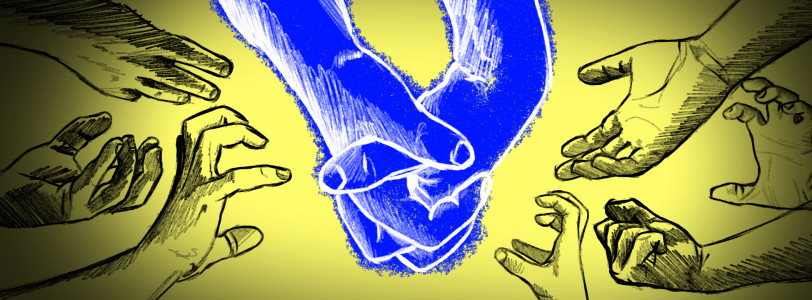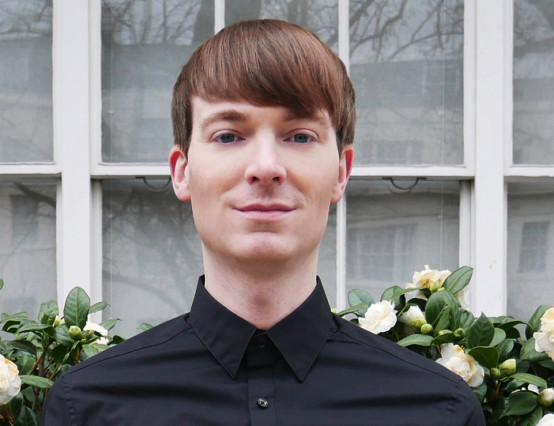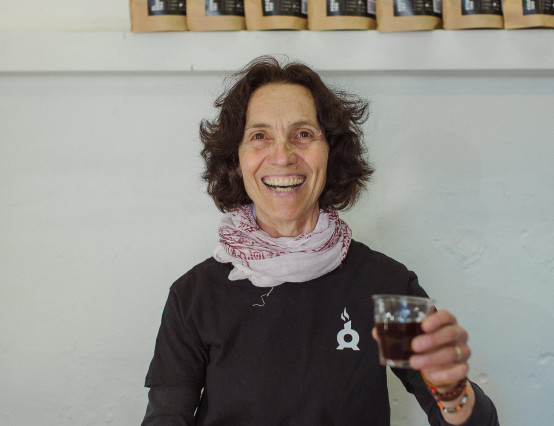Bullying is a pandemic as it affects thousands of people every day, all across the world. Bullying can take many different forms and affects people of all ages, colours, backgrounds, creeds, and abilities.
When anyone is being bullied, it’s not easy for them to confront it, but it can be considerably harder for young people. Many cases of bullying go unreported, and this can have irreversible consequences such as self-harm or, in some cases, suicide.
In a survey by Statistica in November 2020, surveying 7,347 young people aged 12-20, 33% had experienced suicidal thoughts, 27% had self-harmed, and 11% had attempted suicide as a result of bullying.
Bullying prevention is just as important as providing aid and support after the fact. Childline and the NSPCC have created a list of practical actions for those involved, whether you are being bullied yourself or suspect it’s happening to another.
Advice from NSPCC and Childline for children
- Share how you are feeling with other young people. Childline’s online message board is a non-judgemental space where you can speak to other children who are in a similar situation to you about your experiences and feelings. This can help you feel less alone and will give you an online support network that you can turn to.
- Talk to an adult you trust about the bullying you are experiencing so you feel less alone and so that adult can support you. This could be a parent, teacher or you can speak to a Childline counsellor on 0800 1111 or online at childline.org.uk
- Take a break from your device if you are being bullied online and do something you enjoy, such as sport, listening to music or art.
- Remember, the bullying is not your fault.
- Get into a healthy routine and make sure you look after yourself by eating healthily, getting enough sleep and taking time out for yourself.
- Report and block someone if they are sending you messages online that upset you.
Advice from NSPCC and Childline for Adults
Signs to spot that your child or a child you know may be being bullied online
- Not wanting to go to school or take part in normal activities
- Getting anxious or angry if you go near their device
- Feeling withdrawn, upset, or angry at home
- Problems sleeping or eating
- Having angry outbursts that seem out of character
- Spending more or less time online than normal
Signs to spot that your child or a child you know may be being bullied in person
- Belongings are getting lost or damaged
- Physical injuries such as unexplained bruises
- Being afraid to go to school
- Not doing as well at school
- Being nervous, losing confidence, or becoming distressed and withdrawn
- Problems with eating or sleeping
- Bullying others
What to do if you think your child or a child you know is being bullied
- Talk to your child and remind them to come to you with anything that might be making them feel anxious or sad. If your child speaks to you about an experience of bullying that they’ve had online or in person, try to remain calm and don’t overwhelm them with questions and reassure them that it will be OK and that you’re always there for them.
- Show them how to report or block a message that they’ve received from someone online that upsets or worries them.
- Don’t take their device away if they’ve had a negative experience online. Although you may want to do this if they are upset, this may make them feel like whatever has happened is their fault. Instead, suggest they take some time away from the app they received the messages on and do another online activity they enjoy, like playing a game.
- Know where you can get further support. Adults can call the NSPCC helpline for advice on 0808 800 5000. There is also further advice on the NSPCC website.
If you are being bullied or know someone who is, here is a list of organisations that advise and support you;
- Anti-Bullying Alliance
- NSPCC
- Childline
- ACAS (Advisory, Conciliation and Arbitration Service)
- Bullying UK
- Kidscape
- Stand Up Foundation
- BulliesOut









0 Comments